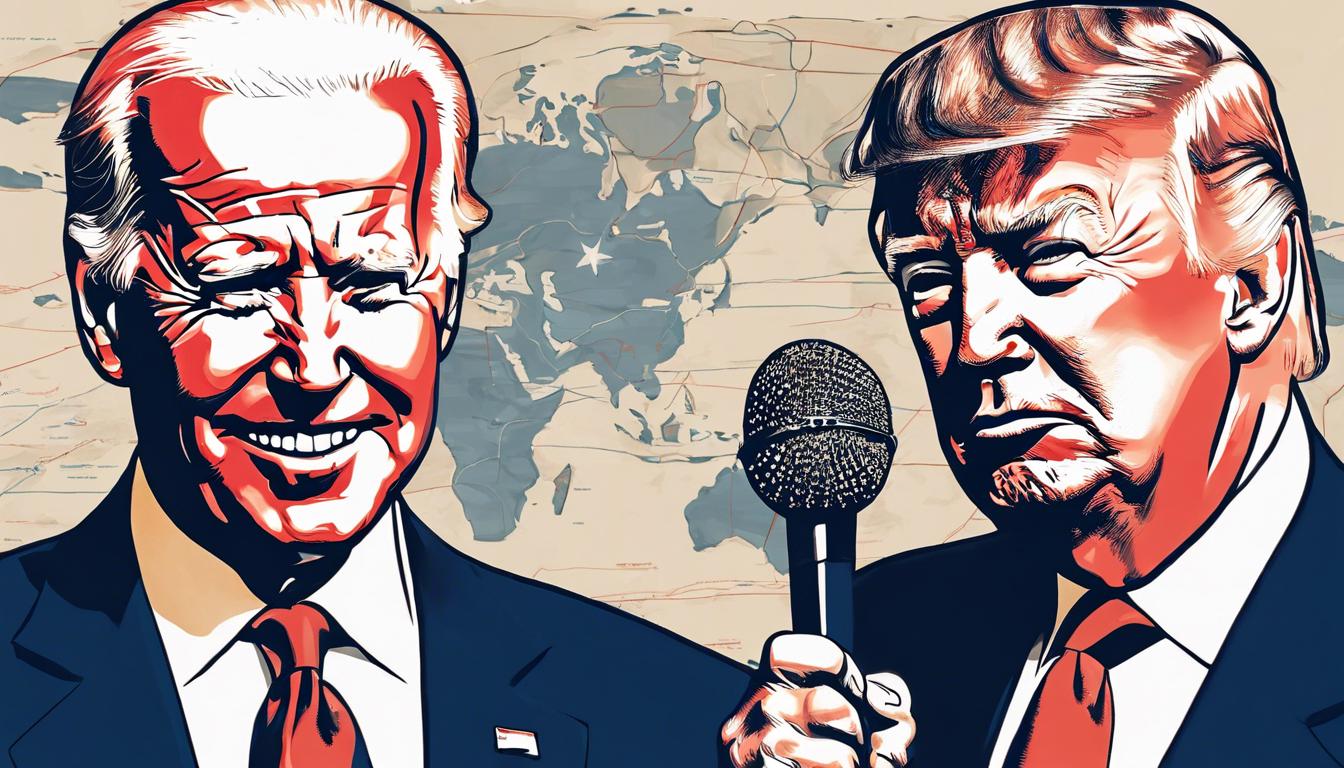As President Joe Biden and former President Donald Trump hold competing rallies in Georgia, the stage is set for a possible rematch in the 2024 general election, highlighting Georgia’s critical role and the broader implications for global politics and security.
President Joe Biden and former President Donald Trump have been holding campaign rallies in Georgia, indicating a possible rematch in the 2024 general election. During their rallies, Trump critiqued Biden’s State of the Union address as divisive, while Biden countered by spotlighting Trump’s relations with authoritarian leaders and unveiled new endorsements. They are both nearing the delegate counts needed for their party nominations, with Trump requiring 139 and Biden 109. Their focus areas diverged, with Trump emphasizing border security and Biden laying out his campaign’s future engagement and media strategies, especially addressing concerns about his age. Georgia’s pivotal role in the election was underlined by these activities, given its history of tight electoral outcomes.
Amid this backdrop of political campaigning, global occurrences and their implications are being keenly observed. The Telegraph has been tracking these developments, including Trump’s significant lead on Super Tuesday and consequential concerns about potential unrest in both America and globally. Other international matters include the aftermath of a Hamas attack in Israel and turmoil in Haiti, centered around a figure known as Barbecue.
These events are occurring against a backdrop of shifting global alliances and rising tensions, as detailed in The Telegraph’s “Battle Lines” podcast. The podcast provides insight into conflicts, elections, and the evolving global security landscape, highlighting the importance of understanding these dynamics in a multipolar world.
Parallel to these geopolitical and political campaign developments, concerns about the impact of artificial intelligence (AI) on politics are escalating. In his book “The Lie Detectives,” Sasha Issenberg explores the dark side of disinformation in US politics, including instances of AI-generated robocalls used to impersonate politicians. This example illustrates the growing challenge of disinformation, a threat that is becoming increasingly prominent in political campaigns. The book also reveals strategies of voter suppression and micro-targeting that contribute to a toxic democratic environment.
These narratives from the political campaign trail in Georgia to the broader international arena capture a world grappling with political, social, and technological challenges, underscoring the complexity of the current global and domestic landscape.
